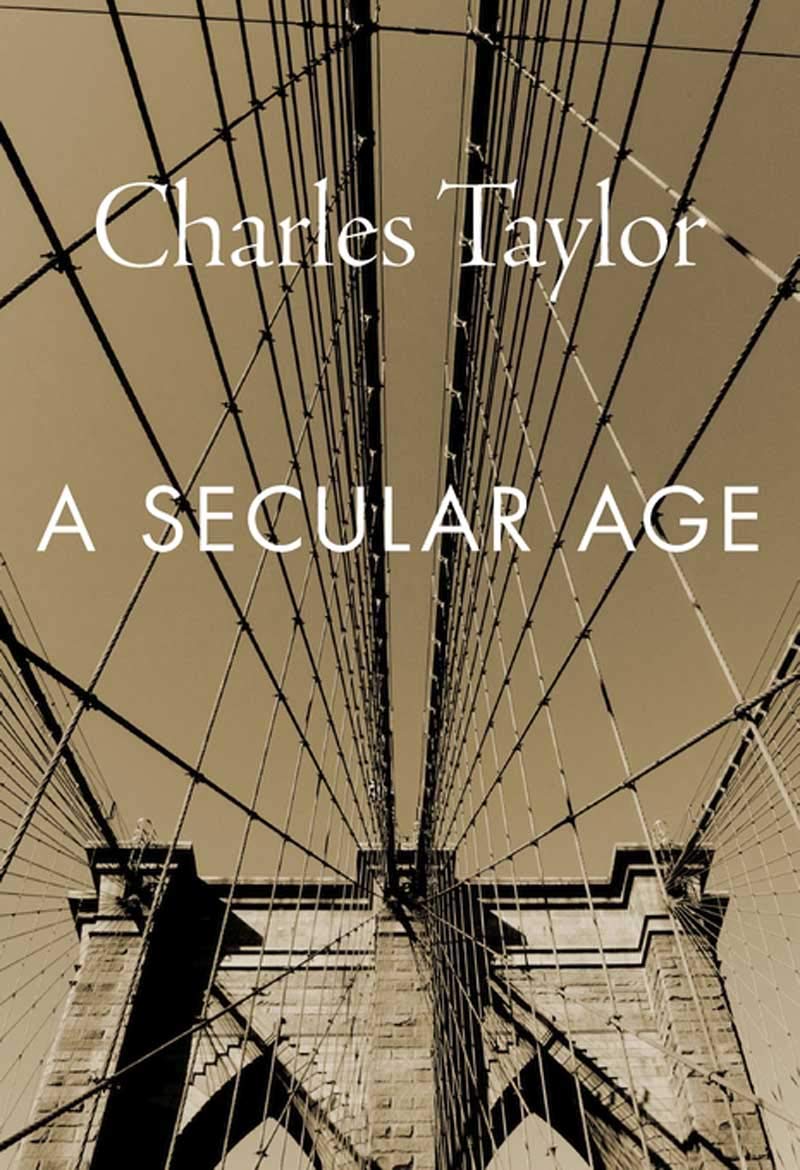Secular comes from the Latin word “saeculum,” meaning a century or age. In his masterpiece, A Secular Age, Charles Taylor (2007)provides an in-depth analysis of secularization. He defines secular as aiming to live the life of ordinary time rather than aiming foreternity. In other words, being secular is being worldly and seeking satisfaction in this world. Taylor puts secularization in three forms:(1) secularization of public spaces in which we see the diminishing impact of God in social and political arenas, (2) secularization ofpeople in terms of declining belief in God and practice; and (3) secularization of religious people in terms of pursuing fulfillment in thisworld. In the third form, Taylor defines secularization (worldliness) as fulfillment in worldly experiences rather than otherworldliness. In this sense, religious people are not exempt from the plague of worldliness. They can be worldly as well in terms of making worldlysatisfaction as their primary objective. In Taylor’s terms, “secularity is a condition in which our experience of and search for fulnessoccurs; this is something we all share, believers and unbelievers alike. Modernity brings about secularity, in all its three forms” (Taylor,2007, Introduction).

Secularization changes the way we perceive the world. According to Taylor, for centuries, the West perceived the world within the prism of an ordered Aristotelian Cosmos of Aquinas. To secular minds, the world is “no longer a matter of admiring, normative order, in which God has revealed himself through sings and symbols” (Taylor, 2007, Chapter 2). Thus, the purpose is not to derive any meaning while studying the world. Rather, it is to bring the world under “the instrumental control of reason” (Taylor, 2007, Chapter 2). It is todisconnect any experienced phenomena from transcendent sources and consider them “purely natural.” It is a purification of nature from any sacred or transcendent meaning. Thus, we end up with “the natural order, the universe, purged of enchantment, and freed from miraculous interventions and special providences from God, operating by universal, respondent causal laws” (Taylor, 2007, Chapter7).
As nature loses its sacred value, human also is degraded. Charles Taylor describes the degradation of the human being from the secular scientific perspective in the following terms: “the universe which this science reveals is very different from the centered hierarchic cosmos which our civilization grew up within; it hardly suggests to us that humans have any kind of special place in its story, whose temporal and spatial dimensions are mind-numbing” (Taylor, 2007, Chapter 14).
With the dominance of secularization, science becomes a new religion dominating the mind and life of people. It is not “just one road to truth but becomes the paradigm of all roads” (Taylor, 2007, Chapter 14). Thus, as people believe in science, they give up on God. “The modern sciences, mainly physics and biology, have weakened belief in God by assuming that the universe can be explainedby a collection of laws that can be expressed in logical and mathematic forms” (Altaie, 2016, p. 32). The increasing percentage ofeducated people who define themselves as atheist or agnostic is clear evidence that embedded ideology in modern science destroys faith in God. Indeed, in some European countries, nearly half of people have no belief in God.
In modern times, the dominant worldview is the secular one. It almost completely blinds us to any possible alternative. As CharlesTaylor puts it: “we are in fact all acting, thinking, and feeling out of backgrounds and frameworks which we do not fully understand” (Taylor, 2007, Chapter 14). Indeed, since the Enlightenment, materialism has become the dominant scientific ideology. Reality has been reduced to matter with no meaning. However, as argued by Taylor, “materialism itself is an ontological thesis: everything which is based on ‘matter,’ whatever that means. But the argument here is ultimately epistemological, in that the ontological thesis appeals to the successes of science” (Taylor, 2007, Chapter 15). The driving force for materialism is not the truth. It is power and pleasure. The overarching goal is to gain control over matter and manipulate it for greater pleasure. This eliminates any sacred meaning from matter.It removes God from a scientific understanding of the universe and then replaces Him with material causes, nature, and chance. Itformats the mind with a secular worldview, which leads to secular aspirations and the secularization of life.
In short, A Secular Age is an excellent book to rightly diagnose the root causes and impacts of secularization- though it fails to provide any cure. The book offers compelling evidence for secularization of the mind and life in terms of pursuing a largely hedonic state of happiness in this world. The book helps to understand how our minds have been shaped through secular ideology since the enlightenment and how everyone including the most religious/spiritual people give priority to worldly satisfaction over life beyond death.
References:
Altaie, M. B. 1952. (2016). God, nature and the cause: Essays on Islam and science. Dubai: Kalam Research & Media.
Taylor, C. (2007). A secular age. Cambridge: Cambridge University Press.